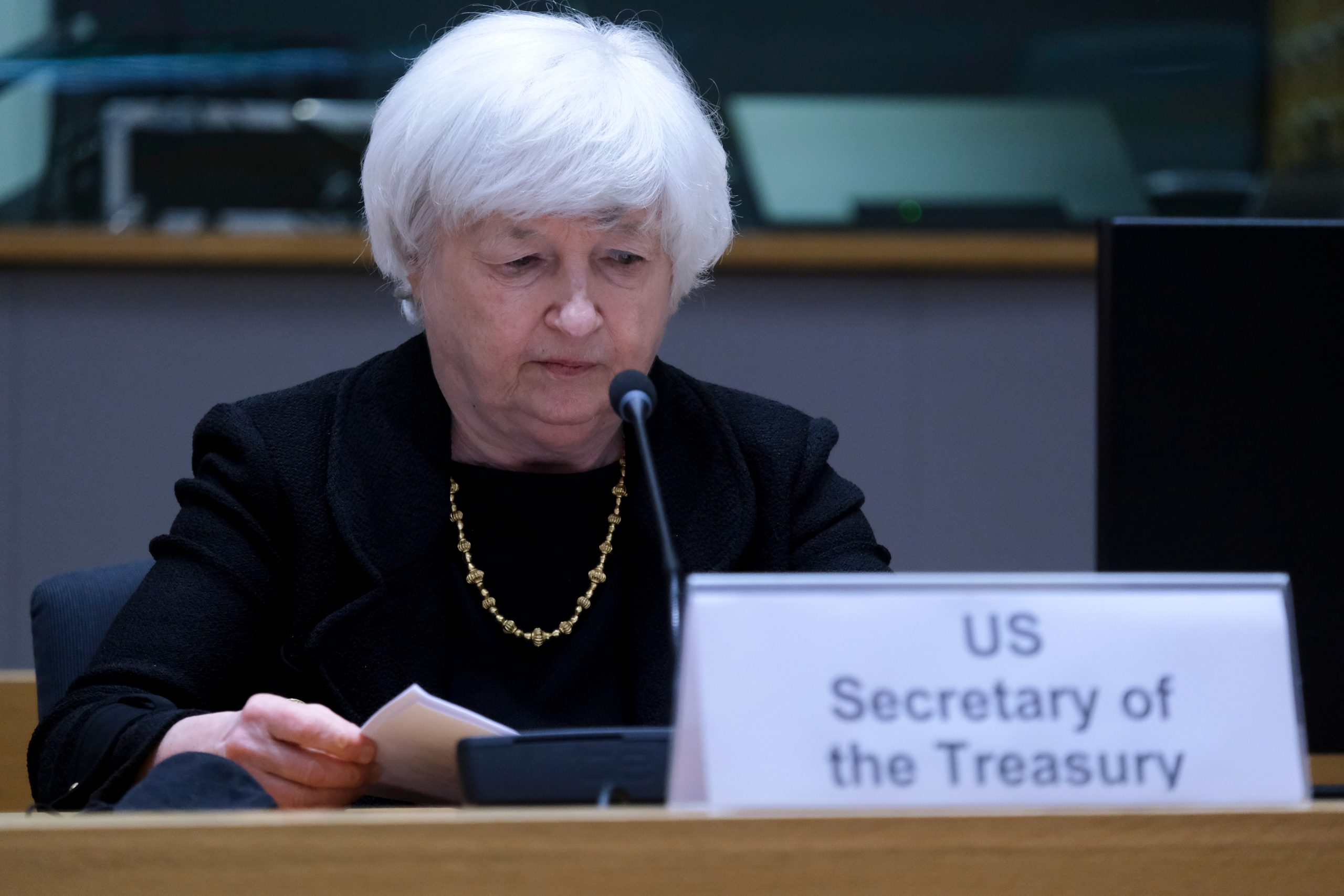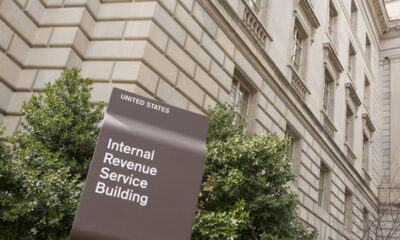Yellen Stokes Fear Of Chaos As Debt Ceiling Nears

Joe Biden’s Treasury Secretary Janet Yellen recently warned of impending “financial and economic chaos” if the U.S. debt ceiling isn’t raised. This statement comes amid a standoff between House Republicans and President Biden, who continue to engage in contentious budget talks. While Republicans have offered a budget proposal with spending cuts in exchange for raising the debt ceiling, Biden remains steadfast in his refusal to negotiate.
As the country faces the risk of defaulting, Yellen appeared Sunday on ABC’s “This Week” with George Stephanopoulos, emphasizing the potential financial catastrophe that would ensue if the debt ceiling is not addressed. She noted that the government could run out of cash as early as June, and extraordinary measures to avoid default would soon be exhausted.
While Yellen acknowledged the importance of budget negotiations, she urged Congress to raise the debt ceiling to avert economic calamity. She highlighted President Biden’s budget proposal to cut deficits by $3 trillion over ten years while “investing” in the American economy.
However, it is essential to examine the rhetoric and tone of the Biden administration in this debate. The emphasis on fear and dire consequences may be more of a political maneuver than a genuine call for responsible spending reductions. The administration appears to be more interested in stoking fear and urging immediate action than engaging in discussions to lower spending.
In a letter to House and Senate leaders, Yellen urged them to act promptly, stating that waiting until the last minute to address the debt limit could harm business and consumer confidence, increase short-term borrowing costs, and negatively impact the U.S. credit rating. However, this strategy of focusing on the potentially disastrous outcomes may be a means to push for quick action without addressing the underlying issue of spending cuts.
So far, the GOP is willing to engage in more reasonable discussions and negotiations on this issue. In contrast, President Biden appears rigid and unyielding, unwilling to consider alternative solutions. This approach could lead the country towards an even more precarious economic situation than it already faces.
The U.S. plans to borrow $726 billion during the April to June quarter, a significant increase from previous projections. This underscores the urgency of the debt ceiling issue and the need for practical solutions. Yet, the Biden administration seems adamant about raising the debt ceiling without negotiation while disregarding concerns for responsible spending reductions.
As the deadline looms, the Biden administration must demonstrate a willingness to engage in dialogue on spending cuts and reach a mutually agreeable solution. The current strategy of emphasizing fear and urgency without addressing the spending issue may only further divide both parties and put the nation’s financial stability at risk.






















